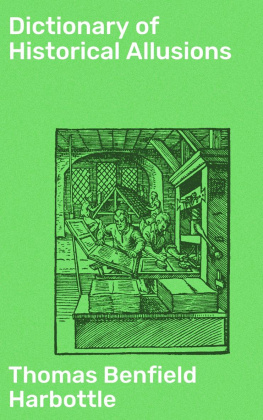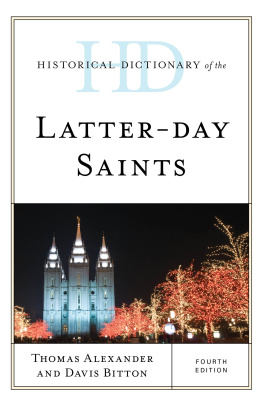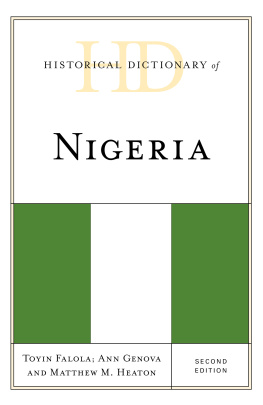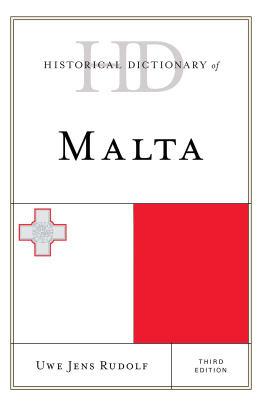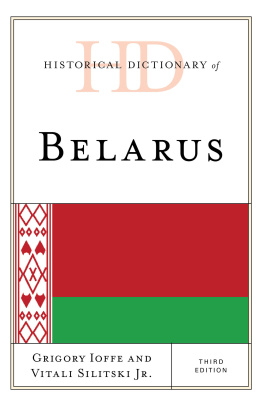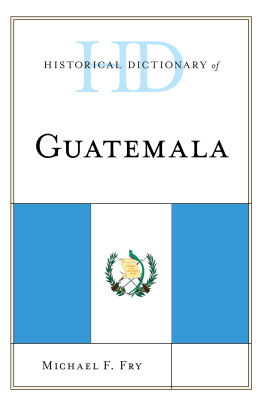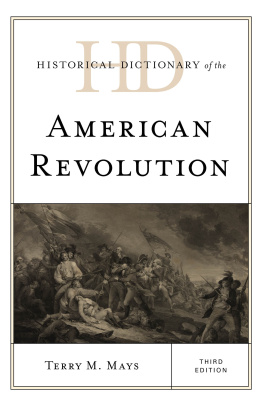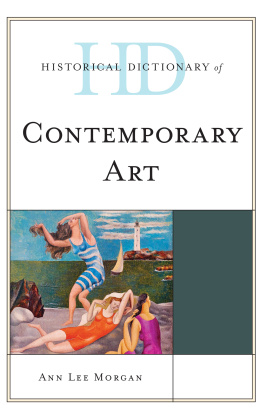ERRATA.
Table of Contents
| Page | 14 | Sub voce | Armed Neutrality | for | 1870 | read | 1780. |
| 22 | Bar | 1876 | 1768. |
| 34 | Bobbing John | 1815 | 1715. |
| 71 | Cyprus | 1788 | 1878. |
| 77 | Disarming the Highlands | 1825 | 1725. |
| 94 | Fifteen | 1815 | 1715. |
| 96 | Flowery Land | 1684 | 1864. |
| 98 | Forty-five | 1845 | 1745. |
| 101 | French Shore | for | interferg | read | interfere. |
| minine | mining. |
| 110 | Great Commoner | younger | elder. |
| 115 | Harpers Ferry | for | 1869 | read | 1859. |
| 139 | Kitcat Club | 1793 | 1703. |
| for French Revolution read Revolution of 1688. |
| 185 | Panslavism | for | haning | read | having. |
| 207 | Quietists | 1780 | 1680. |
| 224 | Sanquhar | Charles I. | Charles II. |
| 244 | Succession Act, 1534, for setting read settling. |
| 245 | Suttee | Add.This practice had been made
illegal by an Order in Council of Lord
William Bentincks Government in 1826. |
| 255 | Toledo Delete 2nd line. |
DICTIONARY OF HISTORICAL
ALLUSIONS
Table of Contents
.
Abbeville, Treaty of.
Table of Contents
A treaty between the English Barons and Louis IX of France, signed in 1259, shortly after the establishment in England of the Council of Fifteen. By its provisions England retained Bordeaux, Bayonne, and Gascony, and surrendered all claim to Normandy, Anjou, Poitou, and Maine. The French king agreed to supply a sum of money sufficient to maintain for two years five hundred knights, to be employed for the benefit of England or of the Church.
Abecedarians.
Table of Contents
A branch of the Anabaptists, founded in Germany in the sixteenth century by Stork, a disciple of Luther. They held that all human knowledge was valueless, and therefore declined to learn even the alphabet.
Abencerrages.
Table of Contents
A noble Moorish family of Granada, in the fifteenth century. They were accused by a rival family, the Zegris, of plotting against Abdallah, King of Granada, and were lured into the Alhambra, where they were barbarously massacred. Thirty-six members of the family perished.
Abhorrers.
Table of Contents
Another name for the Tories in the reign of Charles II. They were so called from their use of the word in their addresses to the king, protesting against the petitions in favour of summoning a Parliament in 1679.
Abingdon Law.
Table of Contents
Execution first and trial afterwards. The phrase is derived from the methods adopted by Major-General Brown, of the Commonwealth Army, at Abingdon, during the Civil War. It was his habit, it is said, to deal in this fashion with Malignants who fell into his hands.
Abjuration, Act of (England).
Table of Contents
An Act passed in 1702, imposing upon all who took office under the State, an oath abjuring the House of Stuart, and binding them to support each successor to the throne named in the Act of Settlement.
Abjuration, Act of (Netherlands).
Table of Contents
The declaration of independence made at The Hague in 1581 by the deputies of the United Provinces of the Netherlands, deposing Philip II. It did not, however, substitute any other form of government.
Abo, Treaty of.
Table of Contents
A treaty between Russia and Sweden, signed in 1743, after the surrender of the Swedish army at Helsingfors. Russia acquired Finland, as far as the river Kimer, and secured the election of Adolphus Frederick of Holstein as Crown Prince of Sweden, in the place of the Prince Royal of Denmark.
Abolitionists.
Table of Contents
The extreme anti-slavery party in the United States, in 1860. They demanded the total abolition of slavery, and would agree to no compromise with the South, even at the cost of civil war.
Absentee Tax.
Table of Contents
A tax imposed upon absentee landlords in Ireland, in the reign of Richard II. An attempt was made to reimpose it in 1773, but unsuccessfully, mainly owing to the opposition of Edmund Burke.
Academic Legion.
Table of Contents
A body of armed students who took an active part in the revolutionary disturbances in Vienna in 1848.
Acadia.
Table of Contents
The original name of Nova Scotia.
Acte Additionel.
Table of Contents
A proclamation by Napoleon, on his return from Elba in 1815, in which he accepted, with some slight modifications, the Charte of Louis XVIII.
Adam Kok, Treaty with.
Table of Contents
A treaty made with Adam Kok, a Griqua chief, by Sir Peregrine Maitland in 1845. One of its provisions, which later caused considerable trouble in the Orange River Sovereignty, prevented the alienation of land by the Griquas to Europeans over a considerable portion of Koks territory. The treaty was denounced by Great Britain in 1856 after the Convention of Bloemfontein.
Addled Parliament.
Table of Contents
A Parliament summoned by James I, in 1615. An attempt by certain of its members, who were dubbed the Undertakers, to control it in the interests of the Court, failed signally, and the king promptly dissolved it.
Adendorff Trek.
Table of Contents
A threatened trek of a large number of Transvaal Boers, under a leader named Adendorff, into Mashonaland, in 1891. Sir Henry Loch raised a protest, on the ground that the trek would be an infringement of the Swaziland Convention of 1890, and an act of hostility towards Great Britain, whereupon President Kruger issued a proclamation forbidding all Transvaal burghers to take part in the movement.
Adis Ababa, Treaty of.
Table of Contents
A treaty signed May 15, 1902, between Great Britain and Ethiopia (Abyssinia). It provides for the rectification and delimitation of the frontier between Abyssinia and the Soudan. The Negus undertakes not to sanction any damming of the Sobat or the Blue Nile without the consent of Great Britain, grants a lease of a tract of country on the Baro river, for the formation of a commercial entrept, and gives Great Britain the right to connect Uganda and the Soudan by a railway running through Abyssinia. A further treaty, to which Italy is also a party, provides for the rectification of the frontiers of Eritrea with Abyssinia and the Soudan.

